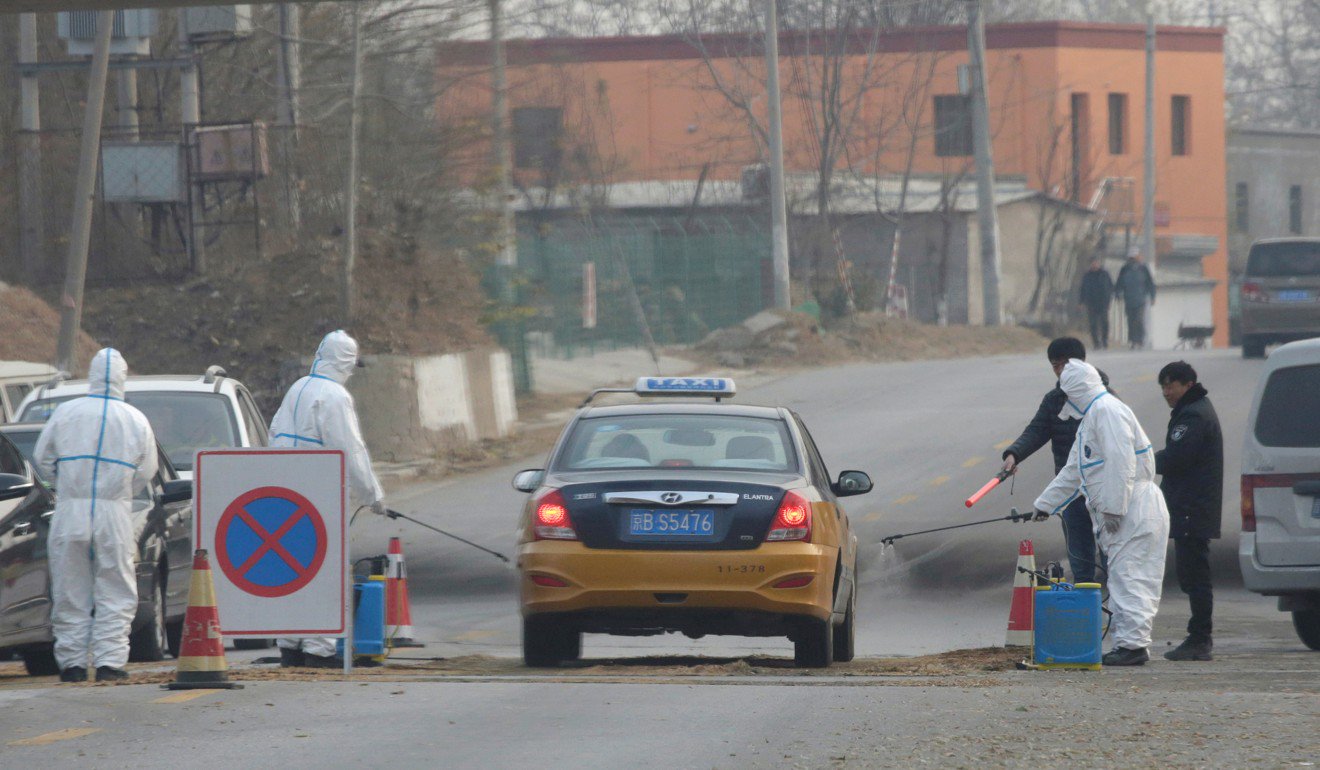Swine fever fight forces clean up for China's pig farms

China's pork industry is cleaning up its act in response to the devastating outbreak of African swine fever which has wiped out millions of pigs in the past year.
In a country where farm hygiene has often been seen as lax by international standards, sales of disinfectants and truck cleaning washes are booming as farmers try to fend off the virus. People involved in the pork industry say biosecurity has been tightened, from farms to feed mills to transport.
One farm owner, surnamed Ma, says she is disinfecting inside and outside pig barns every other day on her 4,000 herd pig farm, instead of her previous practice of once or twice a week.
She has also invested in her own truck for delivering pigs to the slaughterhouse and bringing in feed supplies to try to prevent contamination.
[[nid:450786]]
"We don't let other trucks come in. It's safer to have your own truck," she said, adding that visitors were banned in case they brought in the virus.
Attitudes have shifted as the disease - which is not harmful to people but kills almost all pigs it infects - has reached into every province of the country. There is no cure and, importantly in changing long-term habits, no vaccine.
Official June data released this week showed China's pig herd - the world's largest at more than 400 million head a year ago - has since shrunk by more than a quarter, although some industry insiders say the numbers may be far higher.
Standards of cleanliness on farms, many of which are small-scale, vary widely, say industry participants, while trucks that transport pigs, feed and other supplies are often not properly cleaned and disinfected between trips.
African swine fever, which spreads through blood, faeces, and other fluids, can last for months on farm surfaces or equipment that has not been properly cleaned.
"We see some significant step-ups in biosecurity measures. People are now recognising that something needs to be done," said Matthias Arnold, an executive at the material protection products unit of German chemicals firm Lanxess, which sells a popular disinfectant.
Sales of glutaraldehyde, a chemical which has been proven to kill the virus, are up three or four times since last year, according to Pan Yunping, general sales manager at Jiangsu Kangbat Biotechnology Engineering in Jiangsu province, eastern China.
Demand for Belgian firm CID Lines' Cid20 disinfection product, which also contains aldehydes, has more than doubled from last year, and the firm is unable to meet demand, said Niu Yufeng, China business development manager.
Use of cleaning products like detergents and water sanitisers is growing too, Niu said, as farms need to be thoroughly cleaned before disinfecting.

Stricter measures are also in place in feed mills.
"Just moving through different spots in feed mills now you have to disinfect, change clothes, fill in forms," said Jonathan Wilson, China manager at Alltech Inc, a supplier of additives to feed makers.
"I never saw this during bird flu in 2013, this is a big improvement," he added, referring to one of China's worst disease outbreaks before swine fever.
Germany's Karcher and domestic rival Mellberg Cleantecs both said large farms were installing more of their truck washes, as well as drying stations for the disinfected vehicles.
Mellberg Cleantecs has also set up a joint venture to sell disinfectants and cleaners produced by Germany's Envisal, while US company Decon Seven Systems, is registering its hydrogen peroxide-based D7 product for the Chinese market.
While the government provides disinfectants to many small farms for free, the improved practices are raising costs at a time when many farmers are already struggling with losses caused by the disease.
Analysts at Huatai Futures say additional costs of about 0.5 yuan to 1 yuan per half kilogram, or up to 220 yuan (S$43.43) extra per pig, are needed for new biosecurity systems.
To save money, some smaller farms have been using cheap products like calcium oxide, also known as quicklime, which does not effectively kill the African swine fever virus, said Edgar Johnson, veterinarian at Enable Agricultural Technology Consulting, a farm services company.
Other products, like chlorine, are effective against the virus but are unreliable because of their volatility.
"Some people are changing and some will go out of business," cautioned Johnson. "Some, unfortunately, will take more than one punishment."